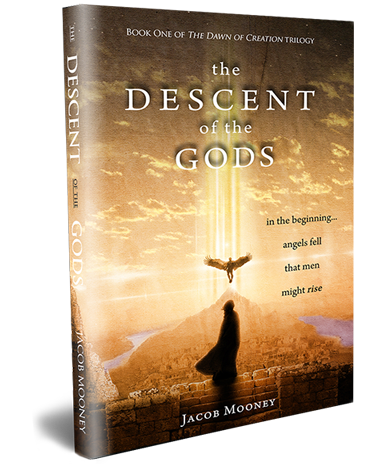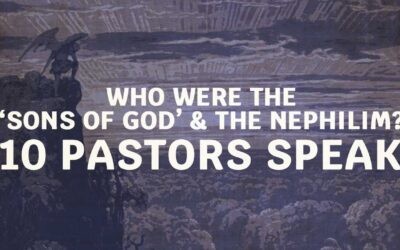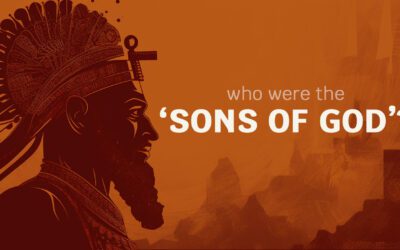
In this piece, we explore the intriguing insights of Candida Moss, a renowned New Testament scholar, on the biblical figure Enoch, in this article in the Daily Beast.
According to Moss, Enoch, mentioned briefly in Genesis 5, is a figure of profound influence whose story has captivated and inspired countless generations. This article delves into Moss’s analysis and expands upon it with additional context and perspectives.
The Mysterious Enoch: According to Moss, Enoch’s brief mention in Genesis 5:21-24—where he is described as walking with God and then being taken by Him—has left a significant mark on religious history. This enigmatic figure has inspired numerous writings, notably outside the canonical texts of the Jewish and Christian traditions. As Moss highlights, later Jewish authors began crafting stories in his name, leading to the creation of three books attributed to Enoch, with 1 Enoch being the most influential.
1 Enoch and the Book of the Watchers: The expansion of Enoch’s story is vividly captured in 1 Enoch, a composite text that includes the Book of the Watchers. Here, Moss points out, Enoch is depicted as being taken up to the heavens, where he is shown the celestial realms by an angelic guide. This section introduces the Watchers, the fallen angels who fathered the Nephilim with human women. According to the Book of the Watchers, these angels also imparted forbidden knowledge to humanity, ranging from metallurgy to magic, which was not intended for human use.
Theories of Evil and Cultural Context: Moss notes that the Genesis-based Enochic story of the Watchers significantly shaped ancient Jewish and early Christian theories of evil. Scholars like Loren Stuckenbruck and Archie Wright have elaborated on this, indicating that the Watchers’ actions and their offspring, the Nephilim, were seen as a source of moral corruption. Moss also connects these narratives to broader cultural influences, noting similarities with Greek myths, such as the story of Prometheus.
Apocalyptic Literature and Messianic Expectations: The influence of Enoch extends into apocalyptic literature and messianic expectations. Moss discusses the Parables of Enoch, which introduce the concept of the “Son of Man,” a messianic figure who administers divine judgment. This notion resonates with New Testament descriptions of Jesus and has deeply impacted Christian eschatological thought.
Enoch in Ethiopian Tradition: One of the most enduring legacies of Enoch’s writings is their preservation in Ethiopian Christianity. Moss emphasizes that the Ethiopian Orthodox Tewahedo Church considers 1 Enoch canonical, highlighting the text’s profound impact on Ethiopian religious traditions. This preservation has allowed the teachings and narratives associated with Enoch to survive and influence religious thought beyond the mainstream Jewish and Christian canons.
Conclusion: Candida Moss’s exploration of Enoch sheds light on a figure whose brief biblical mention belies his extensive influence on religious literature and thought. Enoch’s story, preserved and expanded through various apocryphal texts, continues to inspire and inform our understanding of early Jewish and Christian traditions. This website aims to build a dependable resource of searchable data and quality research, ultimately pointing to the Bible’s ability to explain the world’s imperfections and finding truth in Jesus.







